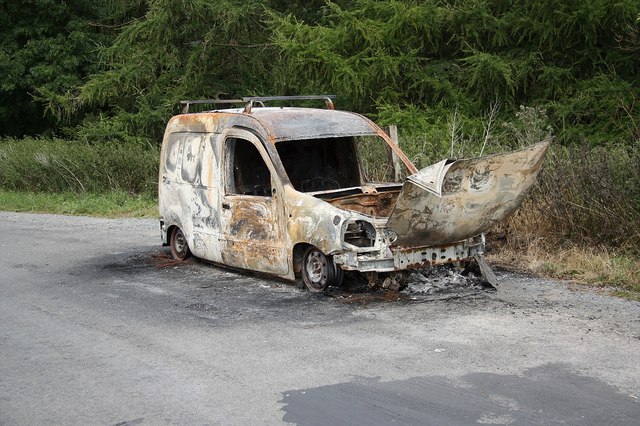Every year in the United States, hundreds of people report experiencing symptoms associated with foodborne illnesses like Salmonella. While eggs and chicken meat cuts are often the culprits, the bacteria can spread to other foods, especially if the prep area isn’t properly maintained.
If you’re infected with Salmonella bacteria, you may be able to file a compensation claim. However, liability factors in Salmonella lawsuits can impact your case. Here’s what you should know about liability and other factors affecting a Salmonella claim.
What are Product Liability Laws?
Salmonella and other types of food poisoning fall under product liability laws, which apply to claims in Texas and other states.
Since food poisoning is considered a liability case, you may not need to prove that the defendant is negligent. But this also doesn’t mean you can file a claim every time something you eat causes an upset stomach.
Chances are, you’ll need to provide evidence showing where and how you contracted the Salmonella infection. You also need to show that your symptoms aren’t a simple upset stomach. In other words, you need to provide medical documentation showing you were diagnosed with the illness.
Even though you probably don’t need to prove negligence, you still need to determine liability, as this is usually done when you identify where and how you contracted the disease.
Who Can Be Liable in a Salmonella Claim
The list of potentially liable parties in Salmonella claims can be extensive. For example, the farmer can be the liable party if the bacteria is present before the products are shipped to the packing company. If the packing company isn’t following all health and safety regulations, Salmonella bacteria can spread.
Restaurants and grocery stores can also be liable in a Salmonella claim. Maybe the restaurant isn’t keeping the food prep area clean or grocers are selling discontinued or recalled products.
Some foodborne illness claims even list multiple defendants. If a farmer ships contaminated eggs to a grocery store that sells tainted products to customers, you may be able to name both parties in your Salmonella lawsuit.
How To File a Salmonella Claim
Filing a Salmonella claim can be complicated. Sometimes, figuring out how you contracted the foodborne illness takes time and a lot of research. Salmonella poisoning symptoms can take a couple of days to appear. When this happens, you need to retrace your steps to determine where and how you contracted the foodborne illness.
However, before you start trying to identify the cause, the first thing you should do is seek medical attention. While Salmonella poisoning is rarely fatal, the symptoms can be severe. The Centers for Disease Control and Prevention (CDC) estimates around 26,500 individuals are hospitalized each year due to a Salmonella infection.
Report the Incident to the Liable Party
If you know where you came into contact with Salmonella bacteria, you should notify them immediately. The last thing you want is for a Salmonella outbreak to occur, especially if a phone call can help prevent a mass infection.
Alerting the liable party to the potential problem also creates a paper trail and shows you are following your due diligence. Along with alerting the possible defendant, you also want to alert your local health department.
Save Your Receipts
There’s a good chance you purchased the tainted food with a debit or credit card. You may have even used a payment app to make the purchase. In this instance, you have a digital receipt. Don’t delete the record of your payment. If you paid for the food with cash, start digging around for the paper receipt.
You need the receipt to prove you purchased tainted food. If you can’t show you purchased a tainted product you may not be able to file a claim for your damages.
Try to Contact Others Infected with the Bacteria
Some Salmonella poisonings make the local or even national headlines, which typically applies when an outbreak occurs affecting multiple people. If possible, try to contact others infected with the bacteria. Your shared experiences can help support each other’s Salmonella claims.
However, don’t be pushy and try to convince someone to file a claim since this is a personal matter and should be left to the individual.
Contact an Attorney About Your Salmonella Case
Even if you know when, where, and how you were infected with Salmonella bacteria, it’s still a good idea to contact an attorney. After all, product liability claims can be complex.
Your attorney can help you collect supporting evidence, notify the appropriate health department, and determine liability so you can focus on recovering from Salmonella poisoning. An experienced attorney can also negotiate with insurance companies on your behalf, ensuring you receive fair compensation for your suffering.





